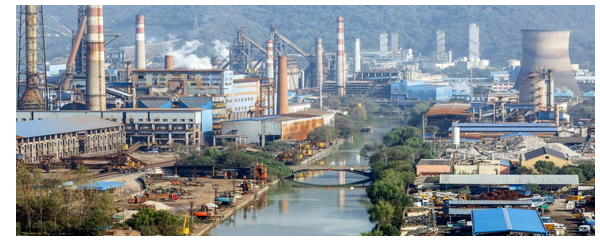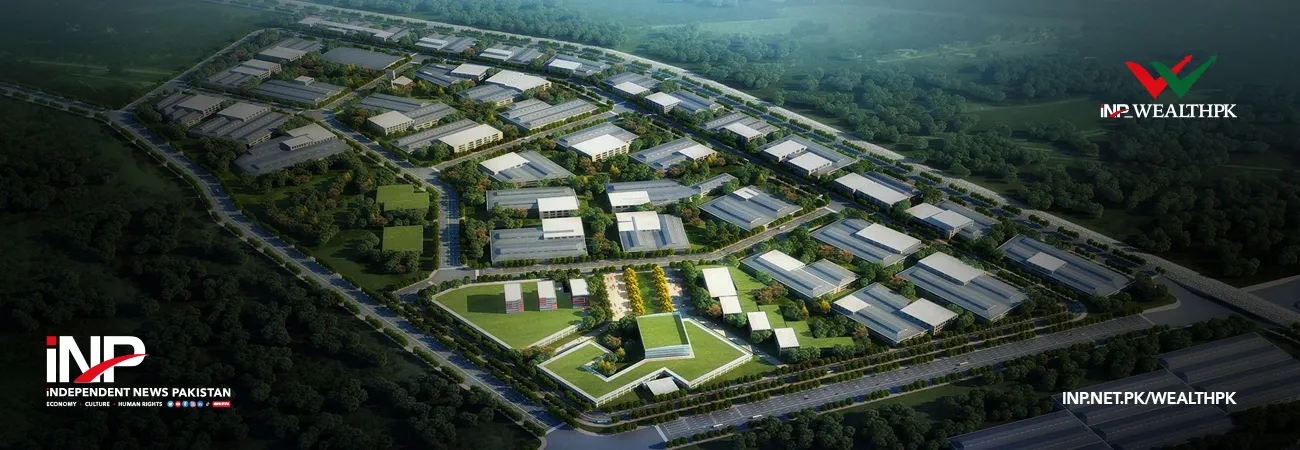INP-WealthPk
Ayesha Saba

In order to achieve economic stabilisation under an IMF programme, it is crucial to maintain a strategic focus on job creation through the development of industrial parks and Special Economic Zones (SEZs), thereby providing a pathway to sustainable growth. Zafarul Hasan, Joint Chief Economist at the Planning Commission of Pakistan, said that the first phase of Pakistan's development strategy under the CPEC primarily centered around infrastructure and energy projects. “This foundational phase aimed to address the country's severe infrastructure deficiencies and energy shortages, which were major deterrents to economic growth,” he told WealthPK. “We have made significant progress in building the necessary infrastructure and stabilising the energy supply, setting the stage for more focused economic reforms,” he noted. He added that the second phase was seen as more crucial, focusing on industrialiation through the development of SEZs.
“Four SEZs are currently in the development phase, which are expected to play a pivotal role in attracting foreign direct investment and fostering economic growth.” “Pakistan has already made strides in developing several industrial parks under the CPEC. A successful example is the development of the Allama Iqbal Industrial City in Faisalabad, which has attracted significant FDI in various sectors, including textiles, pharmaceuticals and engineering,” he pointed out. Zafar said: “The success of industrial parks in attracting FDI heavily depends on local conditions, including political stability, infrastructure quality, and skilled labour availability.” He suggested that a tailored approach should be adopted with a focus on sectors where Pakistan has a competitive advantage, such as textiles, agriculture and information technology.
“Pakistan's economy has been marred by a challenging business environment, characterised by energy shortages, inadequate infrastructure, and complex regulatory frameworks. With consistent policies and the development of these industrial zones, Pakistan can significantly enhance its appeal as a destination for FDI.” However, he said Pakistan currently faces a business-to-business (B2B) crisis, and addressing it is vital to ensure the success of SEZs. The Planning Commission’s joint chief economist noted that in the CPEC’s second phase, monetary gains might not be as significant as unlocking the potential for transformative economic change. “In the second phase, we aim to bring more opportunities that, although they may not immediately reflect in monetary terms, will lead to substantial economic transformation,” Hasan said, adding that the focus is on creating an environment conducive to sustainable growth and development.
Credit: INP-WealthPk













